The European Food and Safety Authority (EFSA) has published an update of how it evaluates the potential genotoxicity of substances in food and feed assessments. This scientific opinion provides recommendations on the adequacy of specific tests to establish the genotoxic potential of substances. It also advises on how to use data in a weight-of-evidence approach to conclude on genotoxicity and whether or not it is possible to set safe levels for substances. This opinion can be used by applicants when preparing their dossiers for evaluation and will also support the work of risk assessors and risk managers. Three key issues addressed by the opinion are: 1) the use of the “unscheduled DNA synthesis” test in relation to future assessments and re-assessments; 2) assessing bone marrow exposure in in vivo genotoxicity testing; and 3) whether or not data allow setting of safe levels.
Source: http://www.efsa.europa.eu/
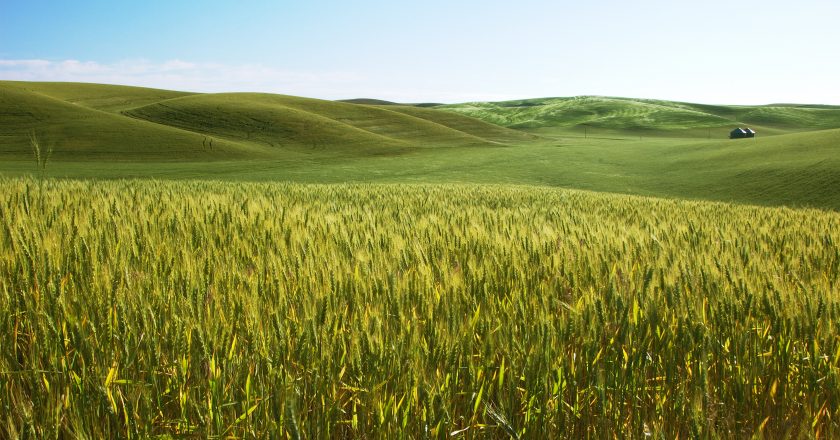
Scientific Evidence for Agriculture Policy
Soil scientists at the European Commission Joint Research Centre (JRC) have been gathering and analyzing soil samples from across Europe. Once the physicochemical soil properties have been analyzed, the JRC will be able to carry out assessments of how the impacts of EU and national land-based policies (such as the Common Agricultural Policy) are manifested through changes in soil characteristics over time. This assessment includes things like the physical and chemical properties of the soil, biodiversity, density, structure, and pollutants present. The soil sampling is done within the framework of a European-wide survey entitled LUCAS (Land Use/Land Cover Area Frame Survey), which is coordinated by the EU Statistical Office, EUROSTAT, and aims to assess changes in land cover and land use across the EU every three years.
Source: https://ec.europa.eu/
Commission Proposes to Ban Seven New Substances
Earlier in December, the European Commission proposed to ban seven new psychoactive substances (NPS) across the European Union, in addition to nine others banned previously during 2017. The seven new psychoactive substances, including those commonly known as “spice”, “herbal incense” and “legal weed”, belong to two categories: four of them are synthetic cannabinoids, with effects similar to cannabis but much more toxic, while the other three substances are synthetic opioids closely related to fentanyl, a substance controlled at international level. According to the European Monitoring Centre for Drugs and Drug Addiction (EMCDDA), these toxic substances are associated with over 170 deaths across the EU and a number of acute intoxications. Currently, these seven new psychoactive substances are not covered by international drugs controls and remain a serious challenge to European public health, especially for young people. Chemistry plays a crucial role in tracing and analysing these substances. Moreover, the ethical side of using chemistry to manufacture illegal substances will be one of the topics of the upcoming EuCheMS Course on Ethics.
Source: http://europa.eu/
Discussing EU Research Infrastructures
InRoad Project has recently organised a workshop in Brussels to discuss pressing issues surrounding EU research infrastructures and to look into after 2020. This project seeks to contribute to a better harmonisation and synchronisation of priority-setting, funding and lifecycle management of Research Infrastructures through the exchange of best practices among the main stakeholders of EU Member States, Associated Countries and also at European level. Additionally, the regional dimension will be considered by integrating Smart Specialisation Strategies in the work conducted. The next InRoad workshop will take place in March, in Sofia, Bulgaria.
Source: http://inroad.eu/
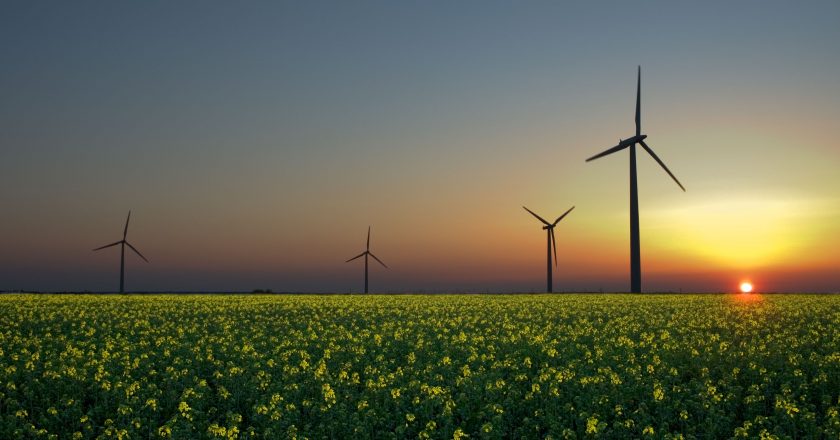
Renewables Accounted for Majority of New EU Power Capacity in 2016
The European Environmental Agency (EEA) has recently published the report ‘Renewable energy in Europe — 2017 update, where it provides an overview of progress in renewable energy in Europe, based on official statistics until 2015 and preliminary estimates for 2016. According to this report, the transition to renewable energy continues in the European Union (EU) but has lost some pace in the past two years. According to new European Environment Agency (EEA) estimates, renewables accounted for 86 % of the EU’s new capacity for electricity generation installed in 2016. Overall, EU Member States also continue to cut more capacity from conventional sources than they install. According to the report, coal was the fuel that was most substituted by renewables across Europe, accounting for roughly half of all avoided fossil fuels and greenhouse gas emissions. EuCheMS is currently involved in the topic of renewable energy sources with its Solar-Driven Chemistry initiative.
Source: https://www.eea.europa.eu/
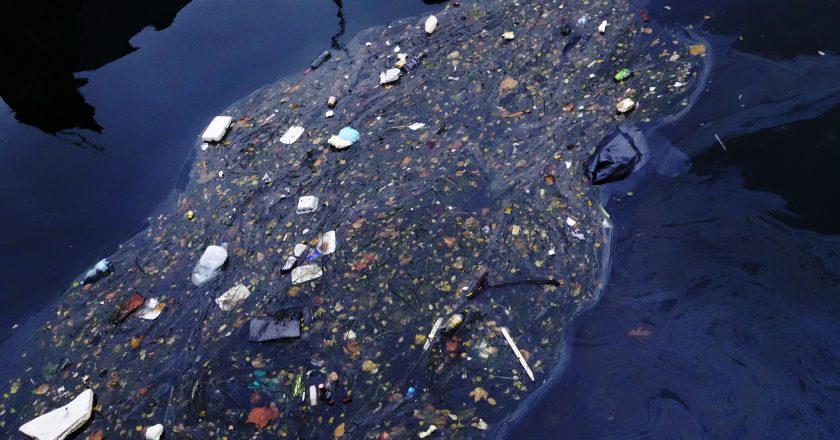
Circular Economy – Council and Parliament Reach Provisional Agreement
Last month, the Estonian Presidency of the Council of the EU reached a provisional agreement with representatives of the European Parliament on all four legislative proposals of the waste package, also known as the circular economy package. The agreed waste legislative proposals establish binding waste reduction targets and updated rules to decrease waste generation, ensure a better control of waste management, encourage the reuse of products and improve recycling in all EU countries. After formal approval by the Council in the first quarter of 2018, the new legislation will be submitted to the European Parliament for a vote at first reading and to the Council for final adoption.
Source: http://www.consilium.europa.eu/
Upcoming European Union Priorities
The European Parliament, The European Council, and the European Commission have recently agreed on a Joint Declaration on the EU’s legislative priorities for 2018-19. In addition to prioritised legislation from the previous year, this declaration sets out 31 new legislative proposals tabled by the Commission which will be given priority treatment by the Parliament and Council for adoption or substantial progress by the time of the European Parliament elections in 2019. Chemistry relevant proposals include those related with the health of citizens, with a proposal for a directive on the protection of workers from the risks related to exposure to carcinogens or mutagens, as well as circular economy related legislation, with proposals for four new directives on waste. Circular Economy has also been high on EuCheMS agenda, with EuCheMS organising workshops on this topic and participating at EU Circular Economy Missions.
Source: https://ec.europa.eu/
Bulgarian Presidency of The Council
The Bulgarian Presidency of the Council of the EU is taking place from January until June 2018 under the motto “united we stay strong”. According to its programme, the Presidency will look into the need of providing adequate infrastructure for education, training, and research and maintain its current level of funding. In the light of the discussions regarding the post Horizon 2020 Programme, the Presidency will organize a European conference “Food 2030” to provide a platform for discussion of the role of science and innovation for the future of food, healthy eating and the use of future food resources. The programme also highlights the mid-term evaluation of the Erasmus+ Programme and the political discussion on its post-2020 future. In terms of environmental policy, the Presidency will focus on the circular economy package, on eco-innovation, and on the improvement of air quality, among others. The Bulgarian Presidency will also prioritize the EU relation with the Western Balkans and the support of EU accession-related reforms in this region namely in the fields of education and research.
Source: https://eu2018bg.bg/
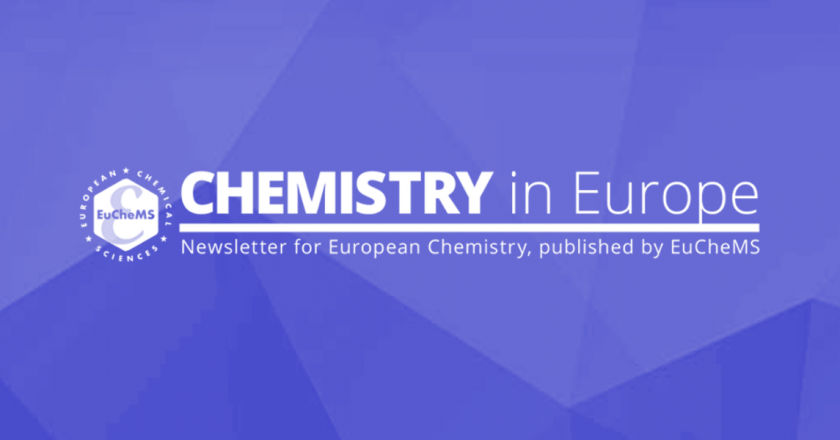
Chemistry in Europe
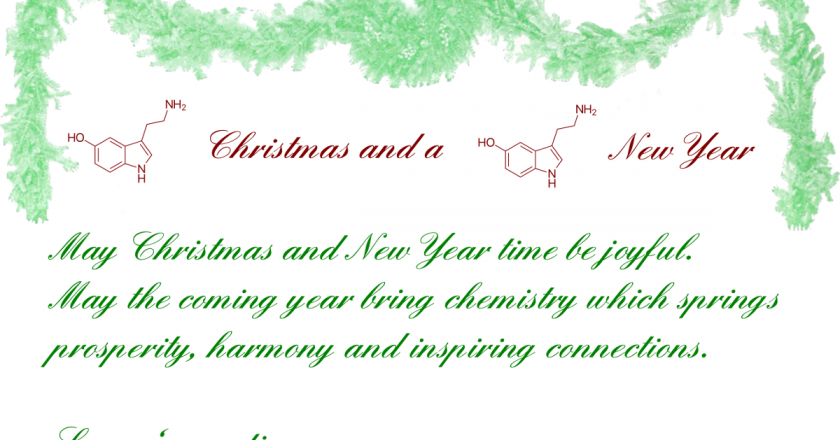
Christmas and New Year Wishes
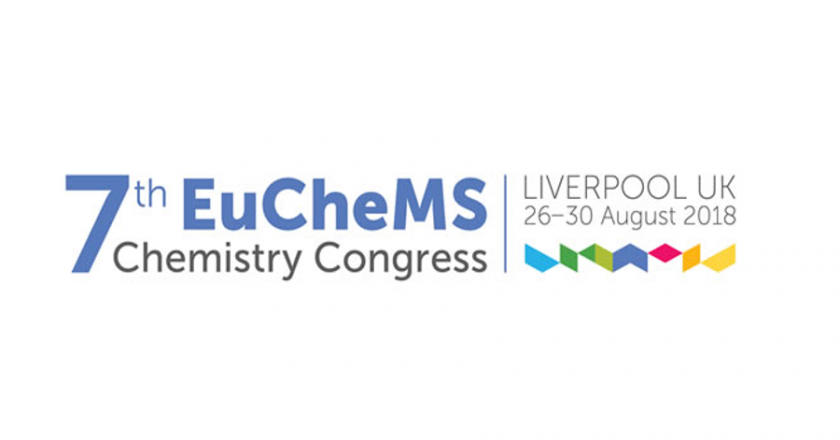
7th EuCheMS Chemistry Congress – ECC7
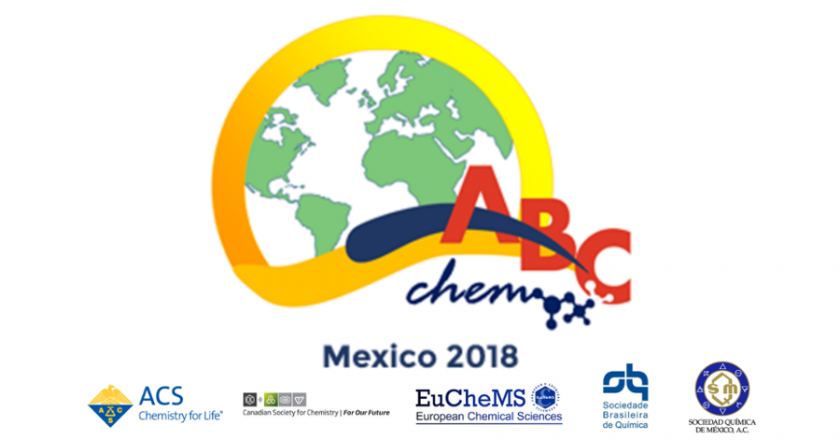
Atlantic Basin Conference on Chemistry – ABCChem
EU Energy Day: EU’s Clean Energy Future
16 January 2018
Brussels, Belgium
Website: https://europa.eu/
High-level Meeting of the Clean Energy Industrial Forum on Renewables
9 January 2018
Brussels, Belgium
Website: https://europa.eu/
Citizens’ dialogue in The Hague with Commissioner Phil Hogan
9 January 2018
The Hague, The Netherlands
Website: https://europa.eu/
Clean energy future – The legacy of the Estonian Presidency
21 December 2018
Tallinn, Estonia
Website: https://europa.eu/
International School of Process Chemistry (ISPROCHEM)
8 – 11 April 2018
Gargnano, Italy
Website: http://www.isprochem.unimi.it/
Belgian Peptide Group Meeting (BPGM)
28 February – 1 March 2018
Brussels, Belgium
Website: http://www.bpgm.be/
EuCheMS Executive Board Meeting
27 – 28 February 2018
Berlin, Germany
Website: http://www.euchems.eu/
ChemCYS 2018 – 14th Chemistry Conference for Young Scientists
21 – 23 February 2018
Blankenberge, Belgium
Website: https://chemcys.be/
16EPI – 16th Iberian Peptide Meeting / 4GEQB – 4th Chemical Biology Group Meeting
5 – 7 February 2018
Barcelona, Spain
Website: https://eventum.upf.edu/
WISPOC 2018 – European Winter School on Physical Organic Chemistry
28 January – 2 February 2018
Bressanone, Italy
Website: http://www.chimica.unipd.it/
EuCheMS Historical Landmarks
Deadline: 30 April 2018
Website: http://www.euchems.eu/
EuCheMS Lecture Award
Deadline: 31 December 2017
Website: http://www.euchems.eu/
EuCheMS European Chemistry Gold Medal
Deadline: 31 December 2017
Website: http://www.euchems.eu/
